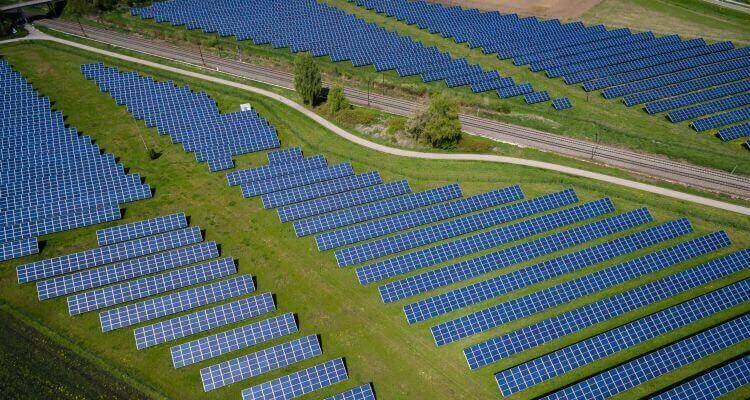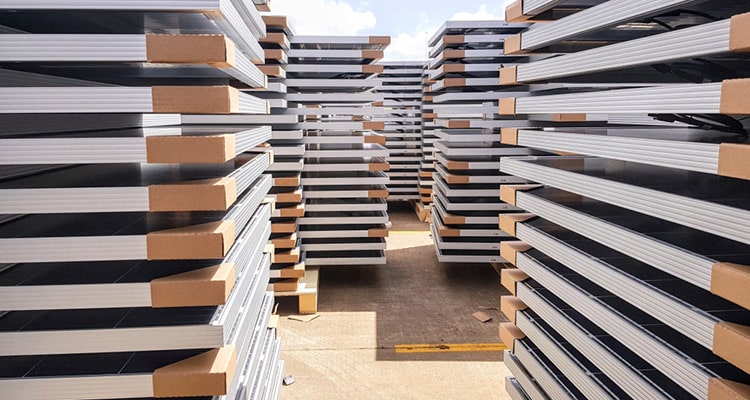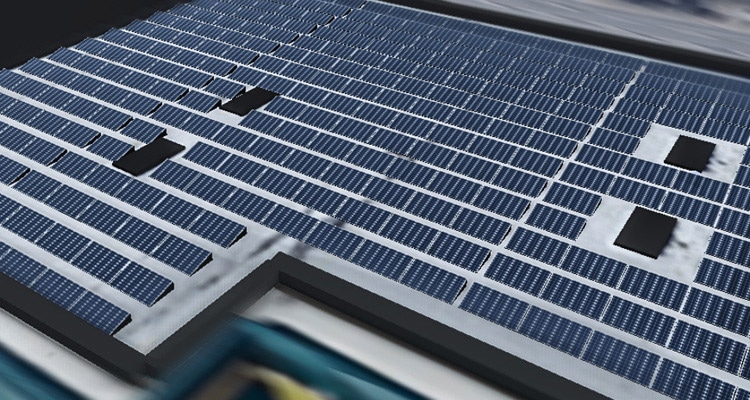Fintech: Financing solar technology with investment loans from alternative lenders
The expansion of solar technology is one of the most important issues of our time. However, Germany’s companies are still investing too little in climate-friendly projects – their ambitions must be more than doubled in the future. However, financing such projects often turns out to be a challenge. Fintech loans offer a pragmatic interim solution here. This article will provide some insights into how companies that want to invest in solar technology can benefit from fintech loans.










